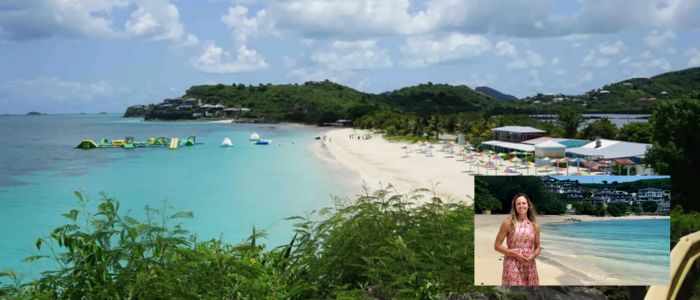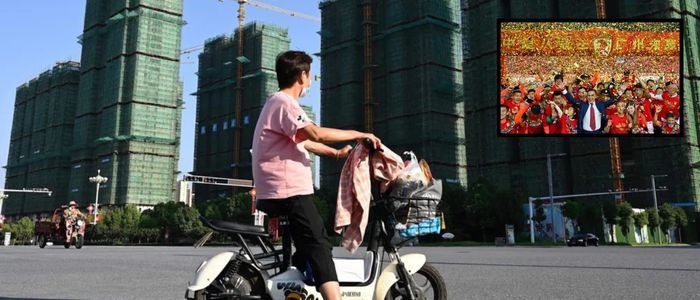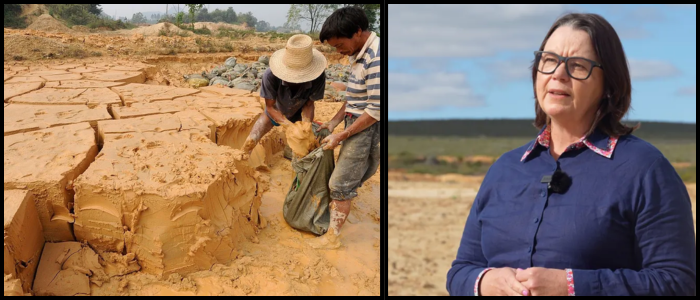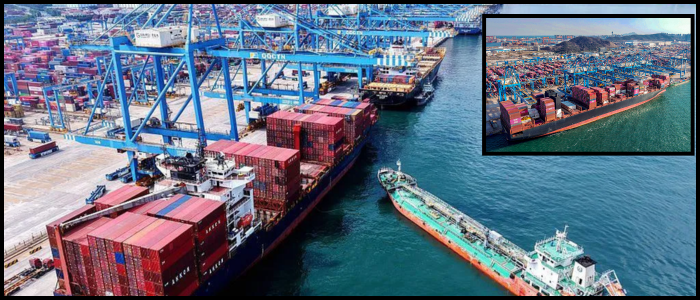Five island states — Antigua and Barbuda, Dominica, Grenada, Saint Kitts and Nevis, and Saint Lucia — grant citizenship to individuals who invest in property through their programmes, and they are attracting more attention, especially from US citizens.
Real Estate Investment Abroad Gives You Options for Travel Around the World
It begins at $200k in countries like the Comoros, and when you buy it, you get visa free travel to 150 – including the UK and the Schengen area.
The appeal would be even stronger for wealthy investors with the absence of capital gains, inheritance, and, in some instances, income taxes.
In Antigua, demand has surged. Nadia Dyson of Luxury Locations says that "70% of buyers now come with the idea of getting citizenship, with most of them from the US". While the program does not require residents to live on the island, from nearby places, some buyers are moving full-time.
Americans are now the biggest group of applicants to the various CBI programmes in the region. Applicants from Ukraine, Turkey, Nigeria, and China are also common.
Experts say that reasons include a perception of insecurity and political instability, as well as a wish for global freedom of movement, access to other countries' education systems, and residence options.
Island Economies Saved by a Lifeline in Market Rates Under Global Review
The programs have drawn investors, but also criticism. Some leaders fear the ethical consequences of "selling" citizenship. There were street demonstrations when the government first floated the idea in 2012, when there were also signs of public resistance.
Critics expressed fears it could water down national identity and diminish border security.
There are also international worries about a lack of checks that could leave open too many opportunities for criminals to abuse the programs.
The EU has been assessing whether these schemes threaten its visa-free pacts. And the US authorities have raised red flags over the possibility of financial crimes.
The Caribbean countries have promised reforms in return. Among them are establishing a regional regulator, requiring in-person interviews by prospective competitors, making changes to the way it audits proposed charter schools, and clamping down on loopholes that had allowed rejected applicants to reapply somewhere else.
Leaders defend the programs. The process in Dominica, said Prime Minister Roosevelt Skerrit, is transparent and "very reliable," contributing more than $1 billion since 1993. St Lucia's prime minister, Philip J Pierre, said in their program that they comply with strict safety measures.
The proceeds from CBI programmes have contributed to much-needed development, such as hospitals, disaster relief and even pensions. The prime minister of Antigua, Gaston Browne, said the money had helped the country stave off bankruptcy.
A Market on the Rise That Will Endure
With the exception of real estate investments, the other citizenship routes include direct contributions to the national funds. Those vary from a $200,000 investment in Dominica to $260,000 in Antigua and can also include family members.
CBI now accounts for 10–30 per cent of GDP in these countries. In St Kitts, the journalist Andre Huie observed that because of the money involved, support among the public remained high.
Robert Taylor, a Canadian retiree, bought a home in Antigua for $200,000, and then the minimum was increased to $300,000. He said he picked the island because of its climate, friendly locals, and freedom to do business.
The region's Faustian deal of sunshine and citizenship continued to court buyers from around the world, with countries trying to square economic expansion with global norms.
Business

Caribbean Islands Offer Citizenship with Property Purchase

There is a new amenity to be found among the cobblestone streets of the Eastern Caribbean — the prospect of becoming a citizen, or simply a legal resident, in a matter of months.















